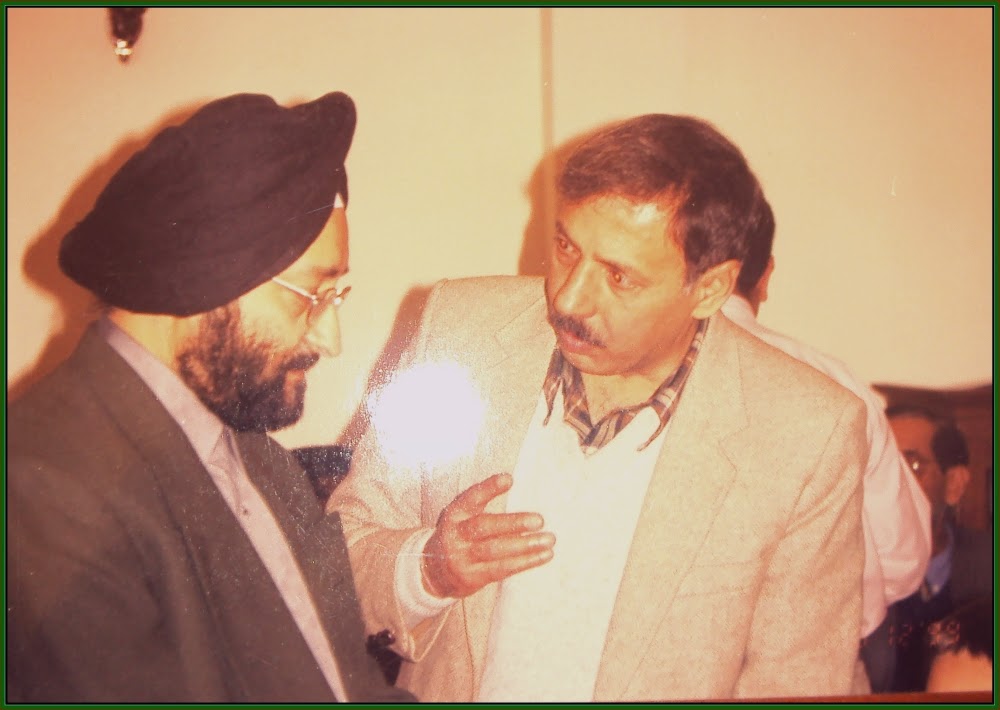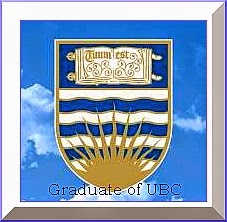Improvements in Higher Education – VI
Fixing Schedules
 |
| Author with H S Gill designing an IIT class reunion schedule |
If a prize has to be given to a nation for maximum variability then India might win it. It appears that in India a great many things that can do without change are changed continuously. An example is the design of our coins. It has changed so rapidly over the years that it is sometimes difficult to recognize which is which especially for older persons who wear reading glasses and are not wearing them at the time of handling coins. Compare this to the design of coins in USA or Canada. They have coins in distinct sizes, colors and designs for 1cent, 5cent, 10 cent, and 25 cents. Even a blind person can make out which coin is which on feeling their weight or size. These designs have not changed for over a century. As a result many efficient coin operated or coin-handling machines can be designed in those countries. Undoubtedly fixing the design of coins will render some die makers and coin designers out of business but it will give immense relief to the rest of the nation.
As can be expected this tendency to change things rapidly has moved into our education systems as well. Admission dates and examination dates are changed continuously. They are announced every academic year. All this does not make for good planning and stability. We need to put a stop to this practice immediately, even by legislation if required. We need to decide once and for all on when our education programs should begin and finish. This needs to be done across the country so that migration from one university to another becomes easier and students can choose the universities they want to join on criterion other than dates. This is already being done in Canada, USA and other developed nations. It is time we join their ranks. Here is a suggestion that can be followed:
Admissions and Registration week:
Begins on Last Monday of August
First Semester:
Beginning of First Semester and new academic year on first Monday of September
End of First Semester:
24th of December
Second Semester:
Begins on Second January
End of Second Semester:
Last Friday of April
Summer Semester/Vacation Begins:
First Monday of May
Summer Semester ends:
Second last Friday of August.
The registration week for the following semester begins the following Monday and lasts for a week. In case the specified day in the schedule happens to be a national or local holiday then work begins on the following working day. The present schedule is merely a first attempt and better ones may be designed after greater deliberation and discussion
It is realized that all universities in India have not yet moved over to the semester system. They can still follow the above schedule calling the semester as terms i.e. first term, second term, summer term. The main feature of the above schedule, that is on the lines of higher education schedules of developed countries, is that several breaks spread throughout the year are lumped into a longer summer term. Just one-week vacation is provided between the first and second semester. The longer summer term can then be used for a longer vacation or more often for doing a summer course in the same or another university, summer training or summer jobs. For faculty the breaks permit time for research within the same university or in the university of a collaborator. For younger faculty it is an opportunity to join advanced courses to improve their skills and qualifications.
If India is to develop its higher education system it is imperative that the above suggestions be implemented at the earliest possible by regulation. Private universities that have the flexibility to design their own schedules can implement the suggestions immediately without waiting for the Ministry of Higher Education to implement it.
.jpg)



Comments
It's very interesting to find out that India does things so differently. I wonder why? Maybe, we can add Japan and India and divide by two. In the past, Japanese hardly changed and we had difficulty in changing. We are much better than before especially the way they process documents at government offices. Sometimes, we need to change fast.
One does need to consider what things should be changed and what needs little change. I think in India today we are changing things that need not be changed and do not change others that need a quick change.